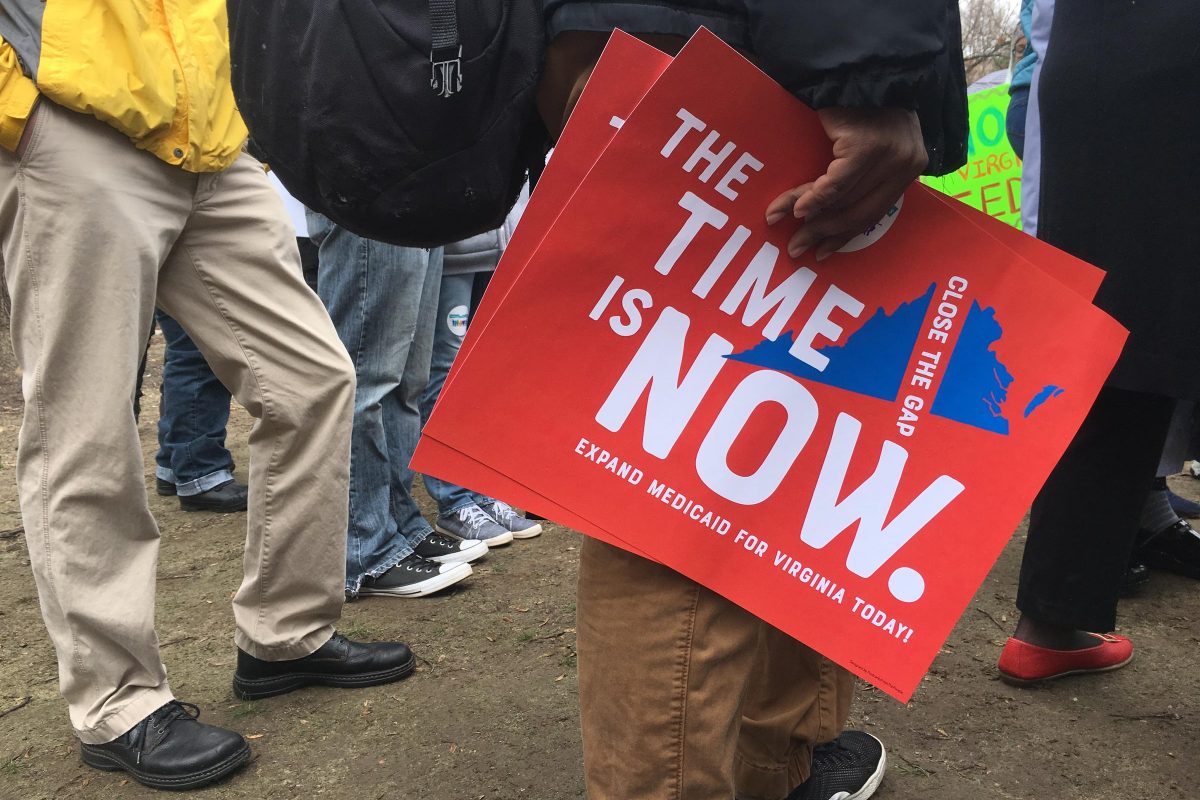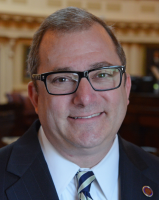


 Most notably, the House of Delegates finally decided to accept federal funds in order to expand Medicaid. The Senate, once again, did not. This dramatic change was a direct result of the 2017 elections and the resulting influx of over a dozen new Delegates who strongly campaigned on behalf of the 83% of Virginians who support expanding Medicaid.
Most notably, the House of Delegates finally decided to accept federal funds in order to expand Medicaid. The Senate, once again, did not. This dramatic change was a direct result of the 2017 elections and the resulting influx of over a dozen new Delegates who strongly campaigned on behalf of the 83% of Virginians who support expanding Medicaid.